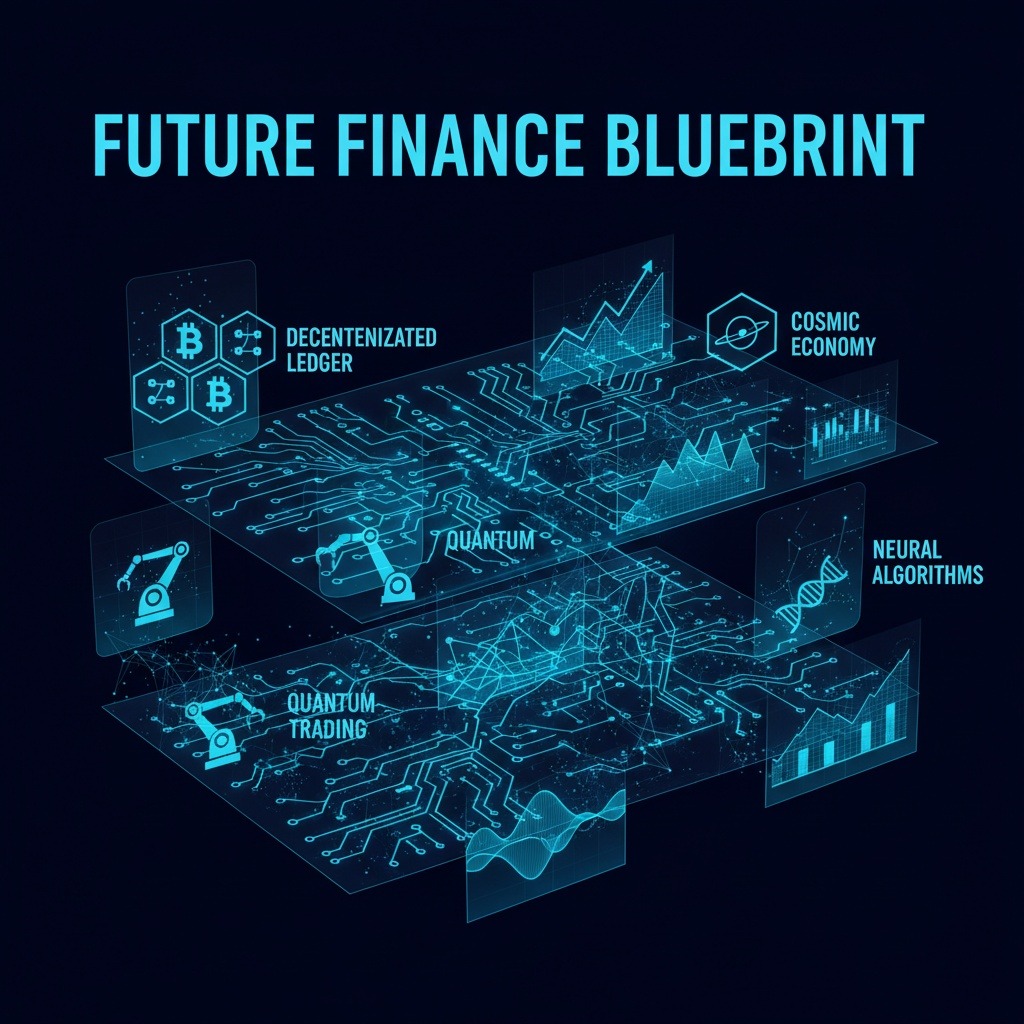As we stand at the precipice of the AI revolution, a pressing question looms over the financial landscape: Will Bitcoin or traditional stocks emerge triumphant over the next 50 years? Both investment avenues are undergoing tremendous transformations due to advancements in technology, yet their paths diverge significantly.
The Case for Stocks
Stocks have been a cornerstone of investing for centuries, tracing their roots back to the 17th century with the establishment of stock markets in Amsterdam. They represent ownership in companies and are valued based on performance and market dynamics. Companies that swiftly adapt to technological advancements—particularly those incorporating AI—may hold a significant advantage.
Certain sectors, such as robotics, biotechnology, and space exploration, are expected to drive future growth, and stocks reflecting these developments may continue to prosper. Historically, indexes like the S&P 500 have shown resilience, averaging annual returns of 7% to 10% over the long term. As AI alters industry landscapes, the companies that leverage AI effectively are likely to withstand disruption and even thrive.
The Argument for Bitcoin
In stark contrast, Bitcoin, introduced in 2009 by the enigmatic Satoshi Nakamoto, redefined the notion of currency and investment. Its essence lies in its decentralized nature, designed to thrive outside the influence of traditional financial systems. With a capped supply of 21 million coins, Bitcoin’s intrinsic scarcity positions it as a hedge against inflation, appealing particularly to investors seeking refuge from economic instability.
Moreover, Bitcoin’s integration with blockchain technology provides a transparent and secure framework that complements the evolving needs of AI. As businesses increasingly depend on verifiable data provided by AI, Bitcoin’s attributes could facilitate its adoption as both a reliable store of value and a medium for transactions.
Adapting to Disruption
The evolution brought by AI will undoubtedly reshape both markets. As job roles transform and new sectors emerge, companies and financial instruments that can adapt will have a higher probability of survival. Investors should prepare for periods of volatility, understanding that adaptation to AI is crucial across all sectors, including finance.
The historical context suggests that both stocks and Bitcoin have inherent strengths, but they face distinct challenges in the coming decades. Stocks will need to navigate market sentiments and corporate performance while embracing the onward march of technology. Conversely, Bitcoin must continue to solidify its reputation not just as a digital asset but also as a viable transactional currency to combat skepticism surrounding volatility and scalability.
Which Investment Holds the Key?
Ultimately, the decision between investing in stocks or Bitcoin hinges on individual investment strategies and goals. Stocks offer a traditional route reflecting corporate growth and market stability, while Bitcoin presents an innovative alternative that appeals to those looking for potential high returns amid economic uncertainty.
As we ponder the future, it is essential to remain informed and adaptable. The next decade may be pivotal for both investment vehicles as they contend with transformative technologies. Understanding these dynamics is central to making informed investment choices today and in the years to come.



